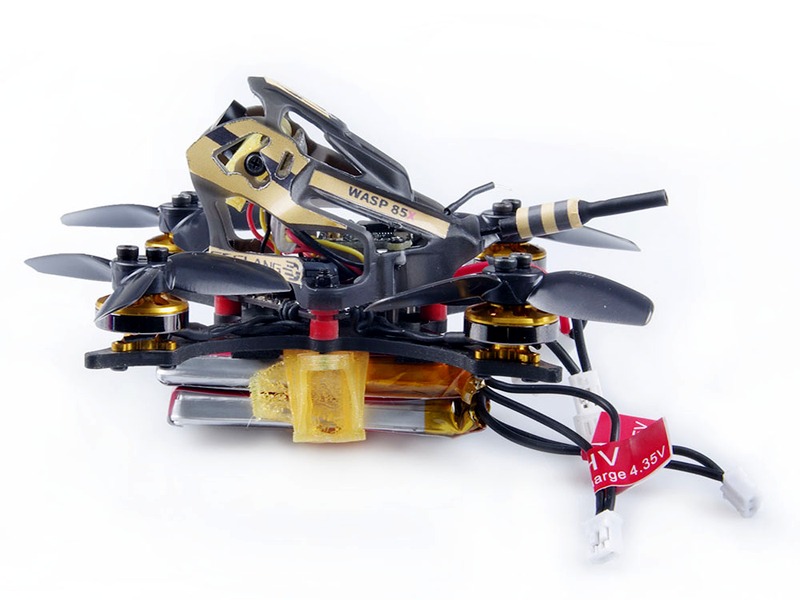Can you spy with a drone?

Yes, it is possible to spy with a drone. Drones are unmanned aerial vehicles (UAVs) that are equipped with cameras, sensors, and data-transmission capabilities. They are able to capture high-resolution images and videos, detect infrared radiation, and even have the potential to use facial recognition software to identify individual people. By combining these capabilities with GPS-guided navigation, drones can be used to monitor and surveil large areas with greater accuracy and efficiency than traditional methods.
In the past, drones have been used by governments and militaries to collect intelligence, conduct reconnaissance, and even launch kinetic attacks. While drones are most commonly associated with the military, their potential for spying is immense and they are increasingly being used by private citizens and organizations.
The most common use of drones for spying is surveillance. Companies, governments, and law enforcement agencies can use drones to monitor and document activities in areas that would otherwise be difficult or dangerous to reach. Drones are ideal for monitoring large areas like construction sites, bridges, public parks, and neighborhoods. For example, drones can be used to detect and document illegal activities like poaching or drug trafficking.
In addition to surveillance, drones can also be used for reconnaissance. Drones equipped with high-resolution cameras and sensors can be used to collect and analyze data about a target. This data can then be used to plan operations, gain intelligence on the enemy, or search for missing persons.
Finally, drones can also be used for espionage. This can range from eavesdropping on conversations to intercepting wireless signals. These signals can be used to gain access to password-protected computers, cellular phones, and other devices. By gaining access to such devices, spies can gain access to confidential data and emails.
In conclusion, it is clear that drones are being increasingly used for spying purposes. Drones are ideal for surveillance, reconnaissance, and espionage due to their capabilities for capturing high-resolution images and videos, detecting infrared radiation, and using facial recognition software to identify individuals. As such, drones are becoming an essential tool for governments, companies, and law enforcement agencies to monitor and document activities in areas that would otherwise be difficult or dangerous to reach.
Comments / Question
2. Target selection: Who is being targeted and why? Is it being done in a fair and equitable manner, or is it biased and discriminatory?
3. Transparency: The use of drones for spying should be disclosed to the public, or at least to those who are targeted.
4. Accountability: Who is responsible for the drone’s actions, and who is accountable for its outcomes?
5. Compliance: What laws, regulations and ethical guidelines must be followed when using drones for spying purposes?
6. Security: Is the data collected by drones secure and protected from hacking or other misuse?
7. Legality: Are the actions being taken legal in the country where the drones are being used?

